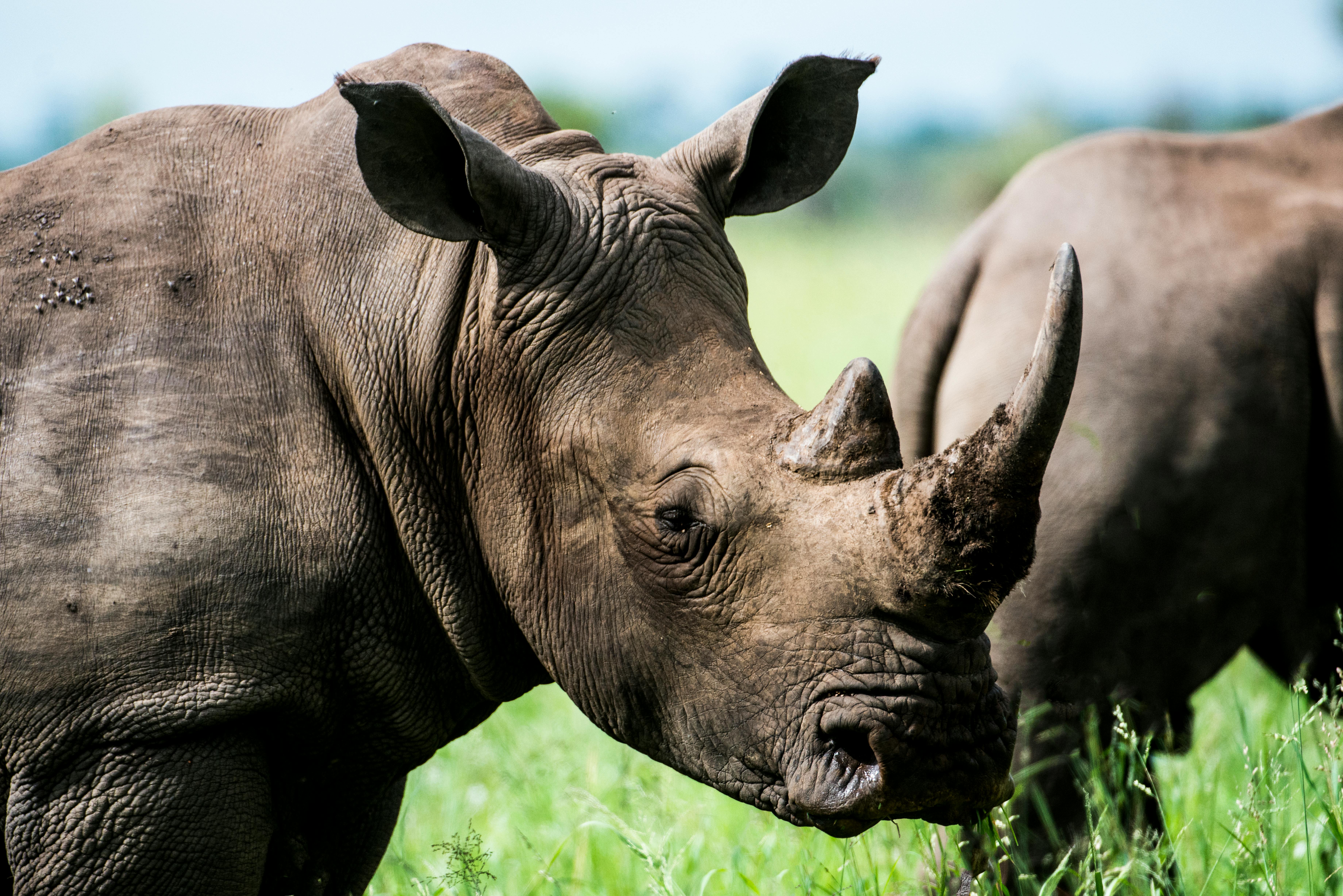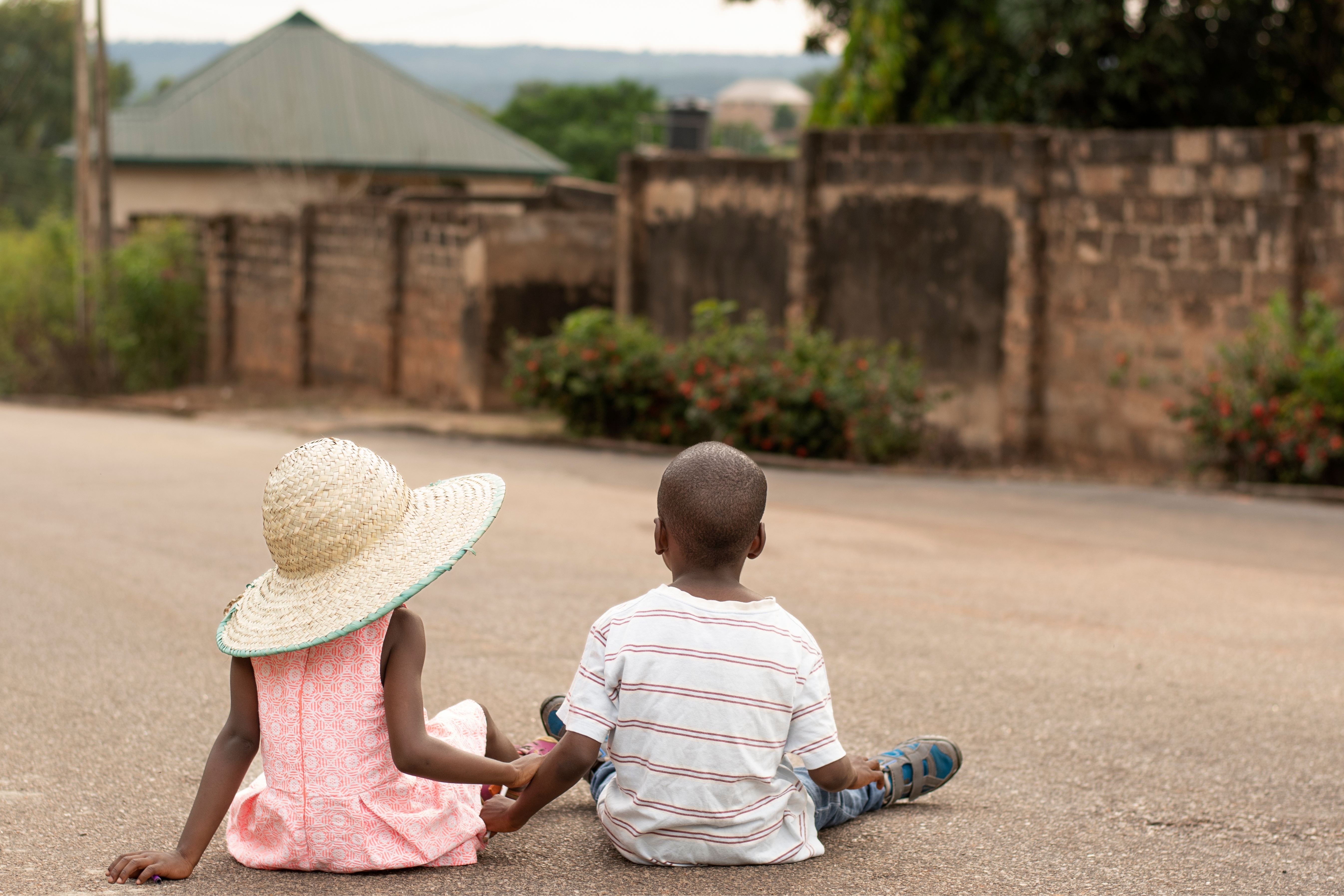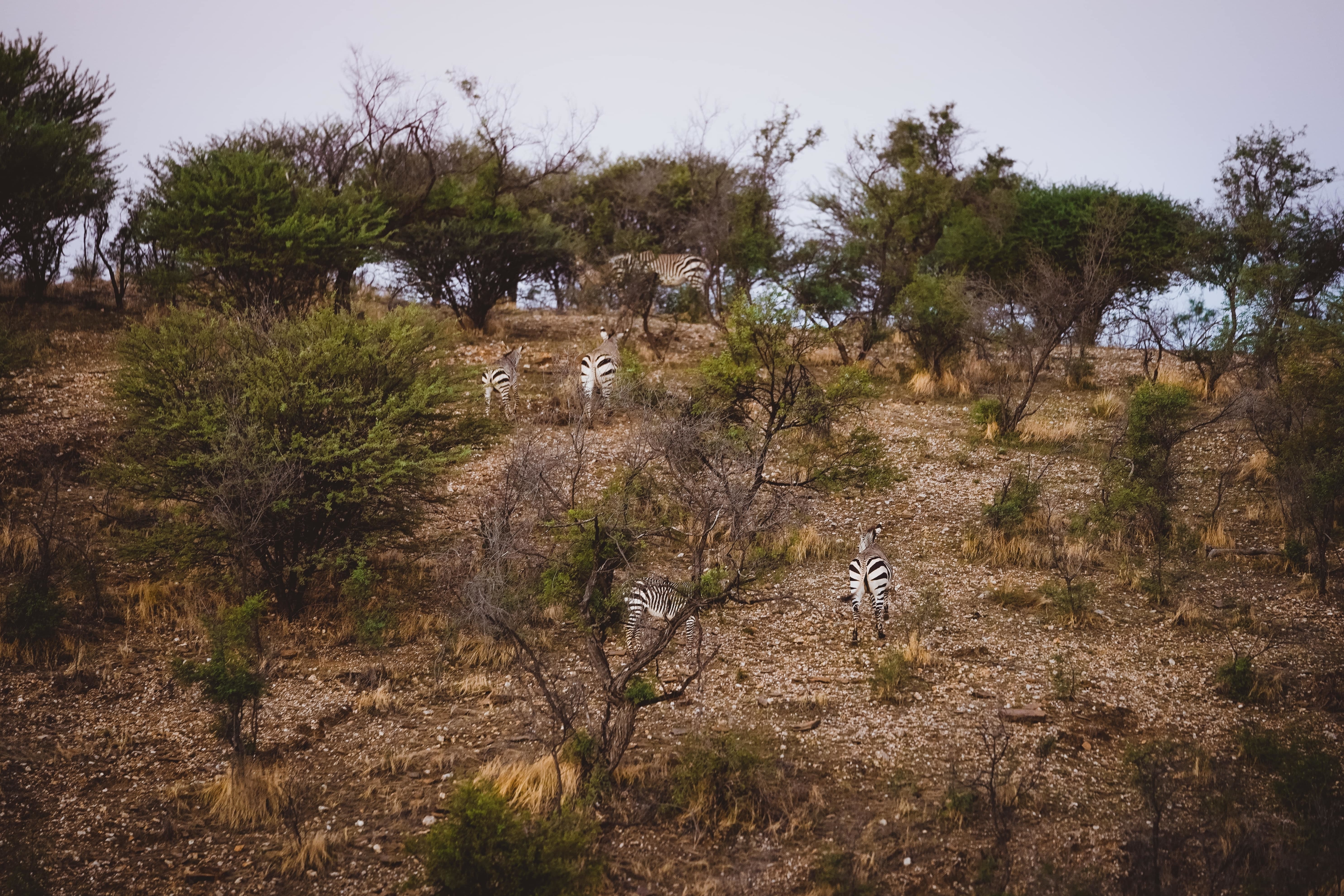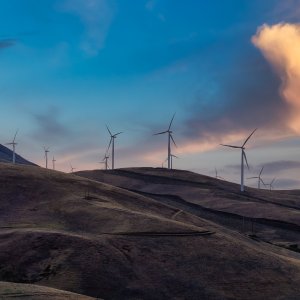In 2013, the world’s first all-female anti-poaching unit was founded in South Africa with the goal of protecting wildlife in the Balule Nature Reserve (Kruger National Park). They call themselves the Black Mambas, and one of their main mottos is that the war against poaching “will not be won with guns and bullets, but through social inclusion and education”. Their story quickly spread across the globe; the media portrayed these rangers as nature heroines, they won numerous international conservation awards (including the UN’s Champions of the Earth award in 2015), and some members achieved worldwide fame. Now, after more than a decade of work, the impact on conservation and the community is starting to be rigorously evaluated.

A bit of context.
Poaching is one of the main threats to conservation in Africa, but combating it is not simple. South Africa is home to the largest rhino population in the world and was the epicenter of the poaching crisis in the last decade. Most poachers come from communities adjacent to the reserves, and their primary motivation is poverty. Many hunt to survive, and some even feel they are delivering a kind of “social justice,” stealing from the rich (white landowners) to feed the poor.
To protect wildlife, protected areas have traditionally relied on armed units that, on more than one occasion, have shot poachers, something that raises serious ethical controversies. It was common to see slogans like “kill a poacher, save a rhino,” reflecting a militarized approach that villainized the poacher. Increasingly, voices in the conservation world suggest that, in the long term, an inclusive approach that involves and benefits local communities is more effective. It was in this context that the Black Mambas initiative was born.
Another important piece of context is the role of women in African conservation. Most wildlife protection initiatives have been male-dominated; it’s estimated that only 3% to 11% of rangers globally are women. The Black Mambas set out to break these stereotypes and prove that women can also successfully carry out rugged fieldwork. The initial team consisted of young women from neighboring communities who were rigorously trained in tracking and bush survival.
They patrol unarmed across roughly 20,000 hectares—one of the richest areas in the world in terms of megafauna. Instead of relying on lethal force, their strategy is based on deterrent presence, education, and social mobilization. In addition to their patrols, they are heavily involved in educating local communities through the “Bush Babies” environmental education program, which operates in eleven schools in the Maseke community and nearby areas, where they teach children the value of wildlife and nature.

What has been the result?
These women’s constant presence in the field, using peaceful tactics, has served as crime prevention rather than repression. Patrolling daily (up to 20 km on foot), they detect and remove traps, human tracks, or other signs of intruders, and report to armed backup units only when necessary.
Their non-violent tactics have significantly reduced poaching in Balule. In the first decade of operations, more than an 89% reduction in poaching incidents was documented in their patrol area, including a nearly 62% drop in rhino poaching. In fact, in recent years, not a single rhino has been lost to poaching in the reserve they protect—an impressive achievement in a region heavily affected by this crime. Their unarmed approach has also prevented bloodshed, knowing they’re being watched by female patrols without rifles, intruders often flee rather than confront them, resulting in zero ranger casualties and fewer deadly confrontations with poachers. In short, they protect wildlife without firing a single shot.
On the social side, working as rangers has had a profoundly empowering effect on the Black Mambas members. The women speak of how this experience broadened the notion of what a woman can do in their society and earned them the respect of many community members. “Now it can be said that this job is not just for men, but for all of us,” said one of them, proud to have broken gender norms.
They’ve also experienced a tremendous boost in self-esteem by earning a decent salary and supporting their families, thereby improving the local economy. “Now I can take care of my children, support my mother, and even save so my daughter can go to university someday,” said another ranger. Many of these women have become the primary breadwinners in their households (something uncommon before) and role models for girls in their villages. As one of these patrol members states, “I’m proud because our village is proud of us; we’ve shown that women are strong.”

Impact on the community and sustainability.
Beyond the statistics on animals saved, the Black Mambas initiative has had a positive impact on the local community, laying the groundwork for more sustainable conservation in the long term. Since most of these rangers come from villages near the reserve, they act as a bridge between the reserve and the community. Their mission is not just to protect wildlife, but also to convince their neighbors that wildlife is a shared heritage that can bring greater benefits than illegal hunting. Through the Bush Babies educational program, thousands of children receive weekly conservation lessons, and many take guided park visits—often for the first time—to see the “big five” up close and learn why they must be protected.
According to educators, this is already changing mindsets: where kids once only aspired to be miners or security guards, now some dream of becoming rangers or biologists after spending time with the Mambas. Creating these opportunities is crucial, as local communities have historically been excluded from protected areas (a legacy of colonization and apartheid), which fueled resentment and the belief that “poaching is the only benefit we can get from the park.”
The creation of the Black Mambas has also provided stable employment in a region with high female unemployment. Hundreds have applied to join the squad when openings arise, as it offers a fixed salary above the local average. This alleviates the poverty that drives many to poaching. For example, during the COVID-19 pandemic, the Mambas distributed food parcels to families in need in their villages, becoming pillars of the community beyond their environmental role. It’s no coincidence that local elders have publicly thanked them “for everything they do.” As one project coordinator put it, the Mambas are not just “watching the fence but mothering the community.”
This humanitarian and feminine approach has created a climate of trust with the local population, contrasting with the traditional militarized ranger model. Various experts argue that economically integrating and compensating locals for protecting wildlife is a more effective and just strategy: when people have legal livelihoods through conservation (like jobs, education, or ecotourism), the temptation of poaching diminishes. The Black Mambas exemplifies this inclusive conservation model, where protecting the environment goes hand in hand with improving social conditions, one of the key principles of sustainability.
The success of this female unit has transcended South African borders. Their model has inspired similar projects in other African countries, championing women as nature guardians. For example, initiatives like Akashinga in Zimbabwe (founded in 2017) follow a similar philosophy of female and community empowerment in the fight against illegal hunting. By proving that women can lead in conservation, the Black Mambas have contributed to a global paradigm shift. Increasingly, it’s recognized that gender diversity in ranger teams is not only about equality but strengthens conservation by bringing in new skills and deeper community ties.
In short, this pioneering case suggests that wildlife conservation can be more effective and sustainable when it empowers women and offers alternatives to local communities.

Criticism and controversy.
Despite their achievements, the Black Mambas initiative has not been free from criticism and controversy. One challenge has been the lack of widespread local recognition. Outside the Maseke community (where they provide environmental education), many people in neighboring villages are unaware of the group’s existence or don’t perceive direct benefits. Historical tensions remain between some locals and park rangers, and some Mambas admit to avoiding showing off their role or even hiding their ranger identity out of fear of backlash or social rejection. This low profile limits the broader community’s perception that protected areas are truly generating local jobs and shared prosperity.
Despite these controversies and lessons learned, the results are clear. The Black Mambas have helped drastically reduce poaching in their area, saving the lives of dozens of rhinos, elephants, and other threatened species. Their work has empowered a group of women who are now agents of change in their communities.
And perhaps most importantly, they’ve proven that there is an alternative path in conservation—one that promotes inclusion, education, and sustainability instead of violence. As one of their leaders said, “Women are the mothers of the Earth, what is on Earth, we women will protect just like we protect our children”.
The Black Mambas’ experience shows that wildlife conservation cannot be separated from social progress—and it cannot happen without women’s empowerment and local community participation.

We all have a role to play.
The story of the Black Mambas is an inspiring example of how defending nature can go hand in hand with women’s and community empowerment. Their bravery and dedication invite us to reflect on our own relationship with the planet. Acknowledging the work of this group of women is recognizing that wildlife protection is not just the task of a few guardians in Africa, but a shared responsibility of all humanity.
Each of us, in our own reality, can contribute to respecting and conserving our planet—by supporting community conservation projects, spreading awareness about biodiversity protection, reducing consumption of products that fuel poaching, or advocating for fair environmental policies.
Ultimately, the legacy of the Black Mambas reminds us that we all have a role to play in building a sustainable future. Let us honor their work by taking responsibility for caring for the Earth and the creatures we share it with. If they—with limited resources but great determination and heart—have managed to make a difference, so can we. Every small step counts. Nature and future generations will thank us.













